Mode : exploratory
-
Trump is a Symptom, not the Disease
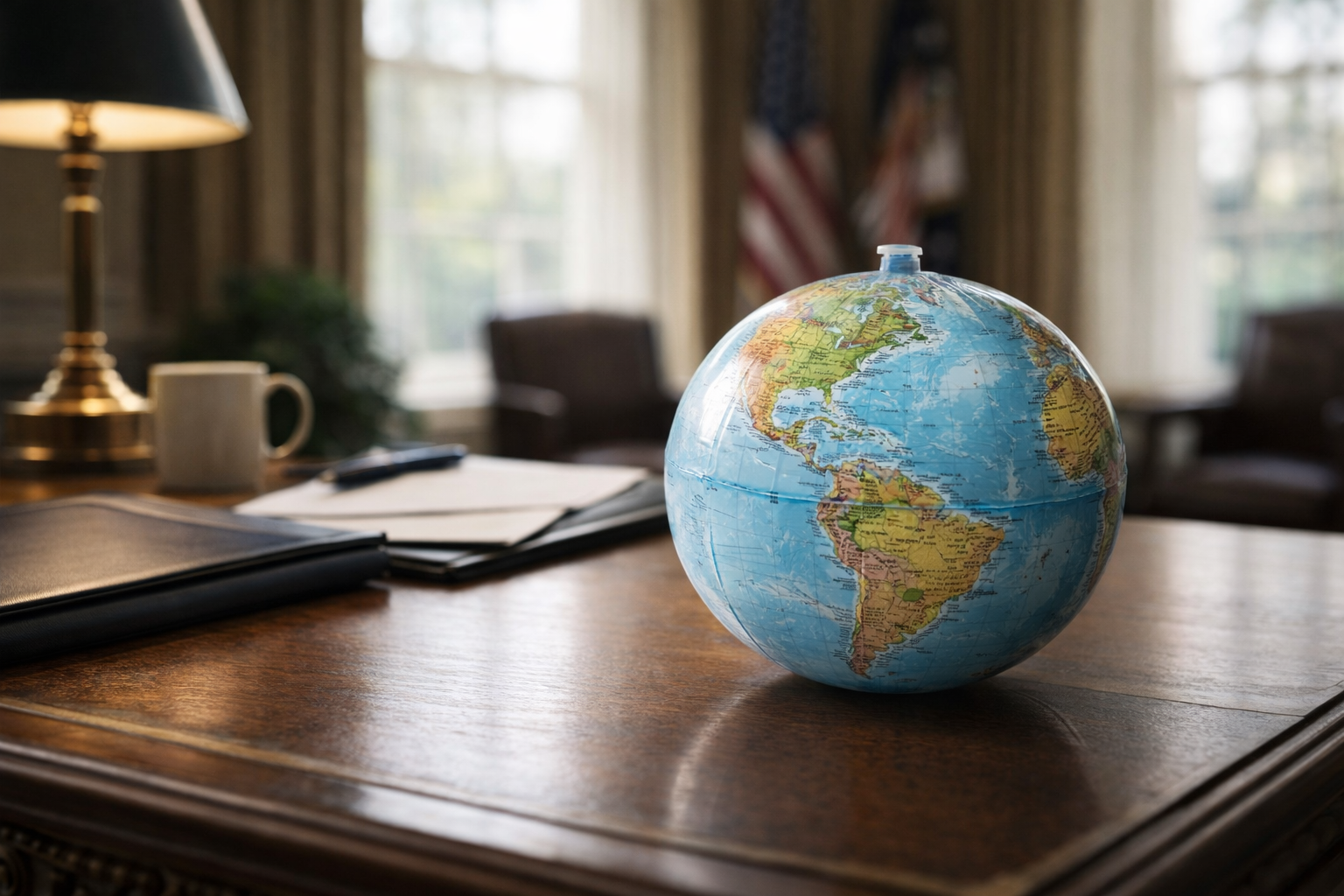
Since the inauguration of Trump’s second term a year ago, the world has shifted: instead of making America great again, his arbitrary and often violent measures have made the country look increasingly hateful, turning the American dream into a nightmare. By acting like a tyrant, he improves the Democrats’ chances of winning the 2026 midterms.…
-
Humans and AI: Two Messy Paths to Knowing the World

Over the past two years, large language models (LLMs) have triggered a familiar split in reactions: enthusiasm, alarm, and a growing chorus of criticism. Among the sceptics, Yann LeCun occupies a particular place. As one of the architects of deep learning, he speaks not from the outside but from the very centre of the field,…
-
1789: Sovereignty and the Impossible Harmony of Interests
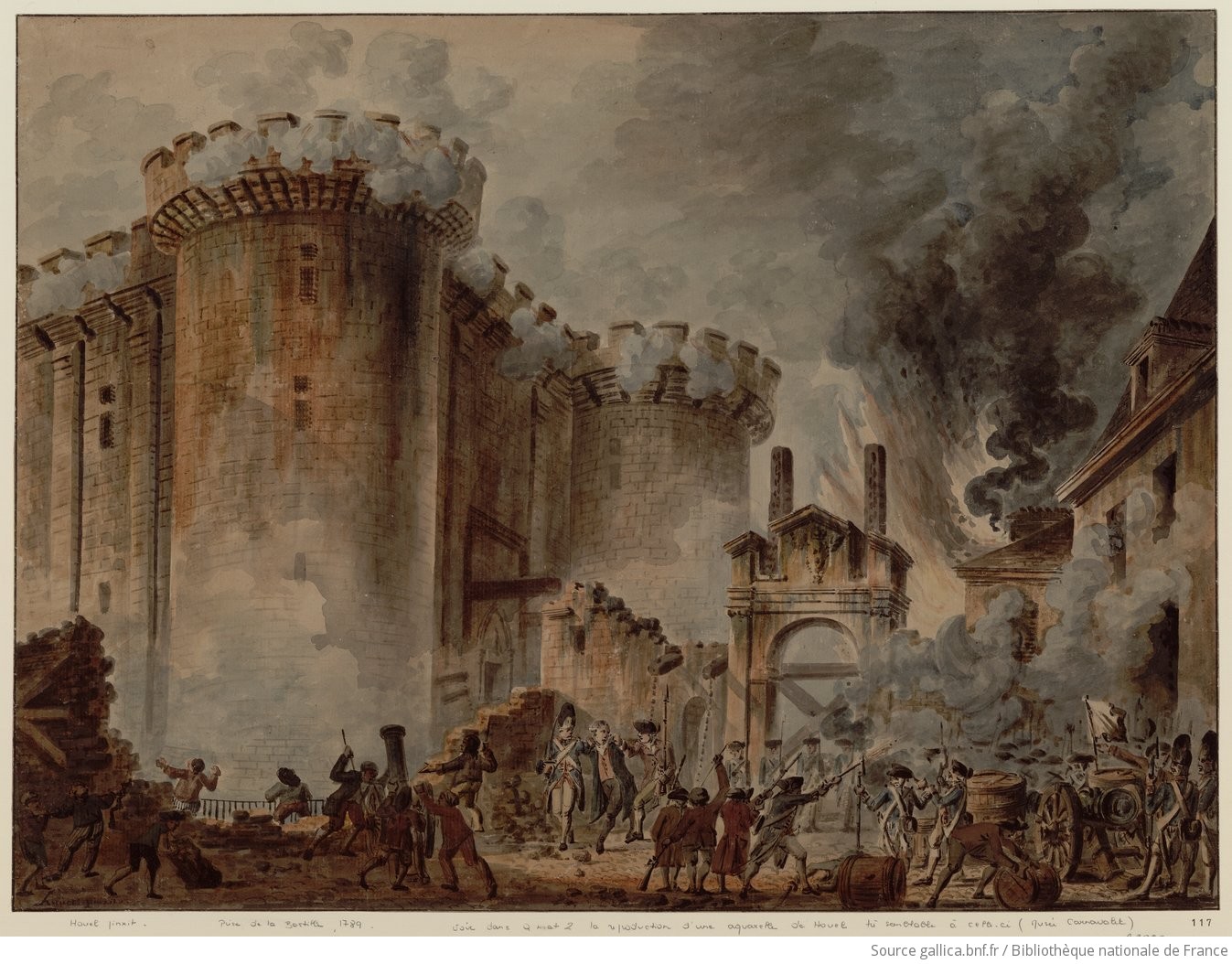
Robert Darnton’s The Revolutionary Temper offers a vivid picture of the moral climate that preceded 1789. He uncovers the accumulated resentment of ordinary people against the Crown, the nobility, and the clergy—a resentment sharpened by hunger and humiliation. Yet emotions, however intense, do not by themselves make a revolution. They ignite revolt, not political transformation.…
-
Berlin’s new stance towards Beijing shows how the global balance of power is shifting
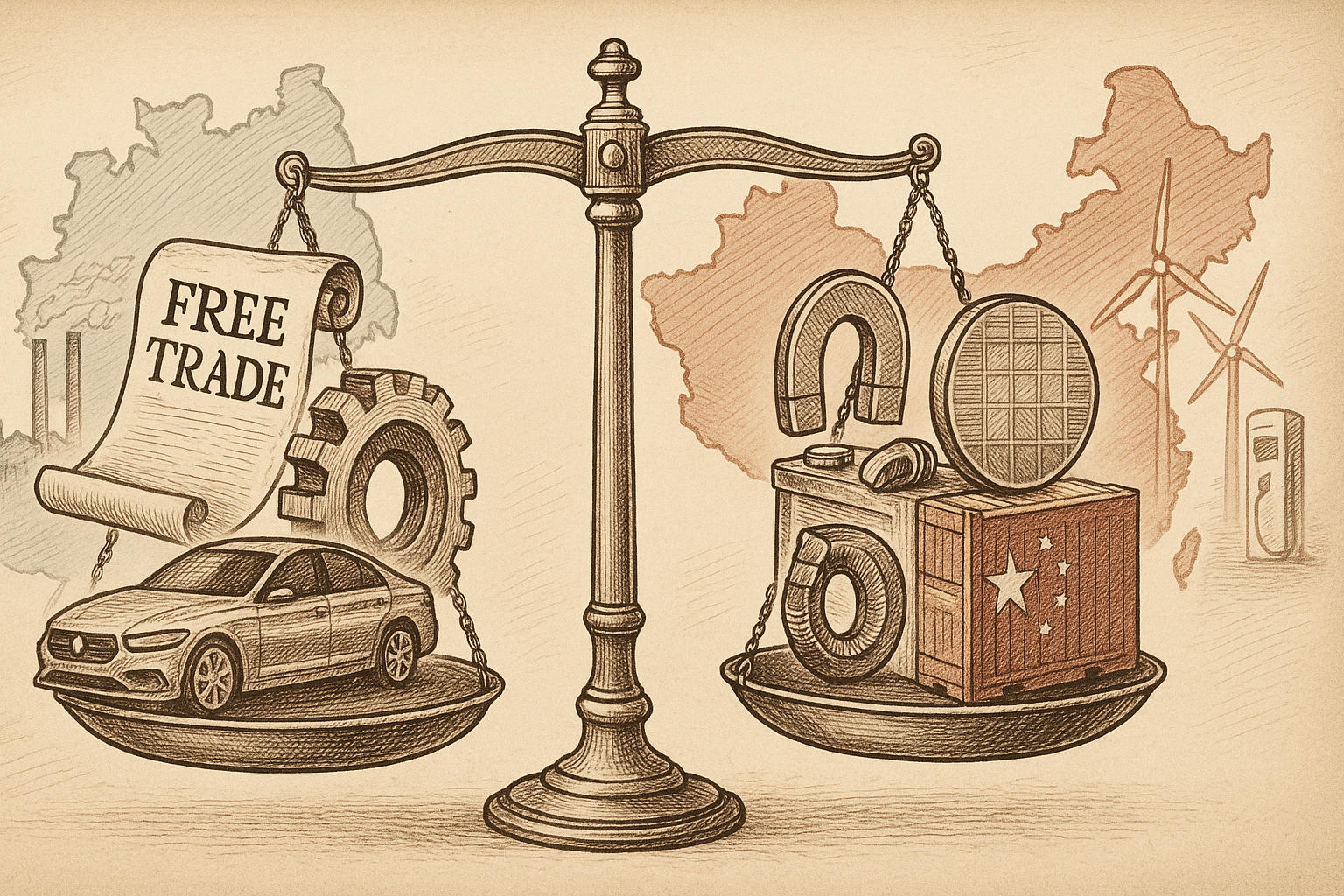
In a « Le Monde » article about tensions between Berlin and Beijing, the journalist writes: “The paradigm shift in international trade, where the strategic dominance of resources and raw materials, sensitive technologies and markets has replaced the rules of free trade, has deteriorated the position of German companies.”1 This raises a question: did strategic domination of…
-
Accepting That Others, Including Our Closed Relationships, May Be Heading Toward Their Downfall
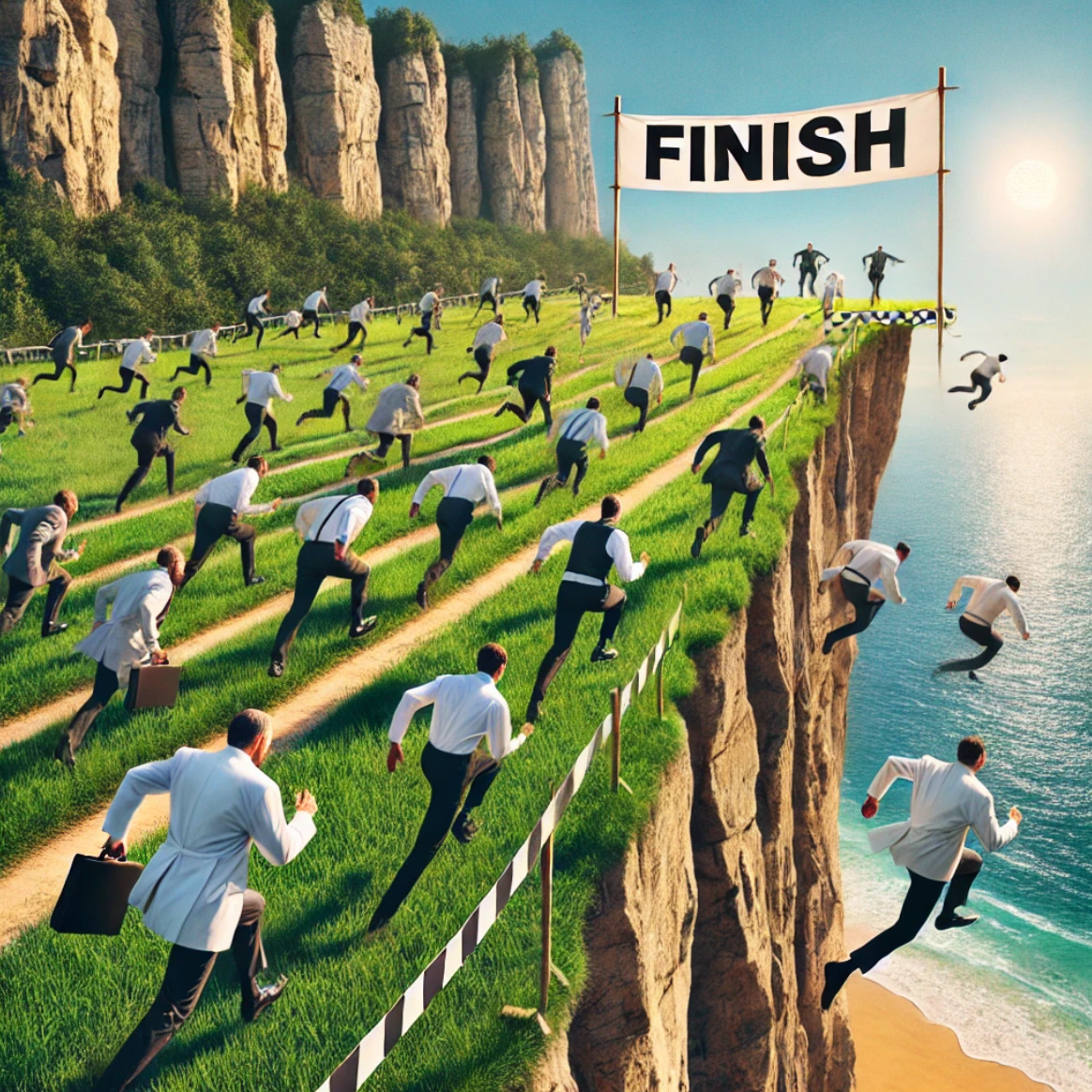
In the previous article, we saw that the trend toward authoritarianism in the West is not new. It is linked to the erosion of values like prosperity and work under the pressures of globalization and digitalization. This deep-seated trend signals dark times ahead in the coming years and decades, and the recent election of Trump…
-
Western Authoritarianisms or the Denial of a Global Evolution
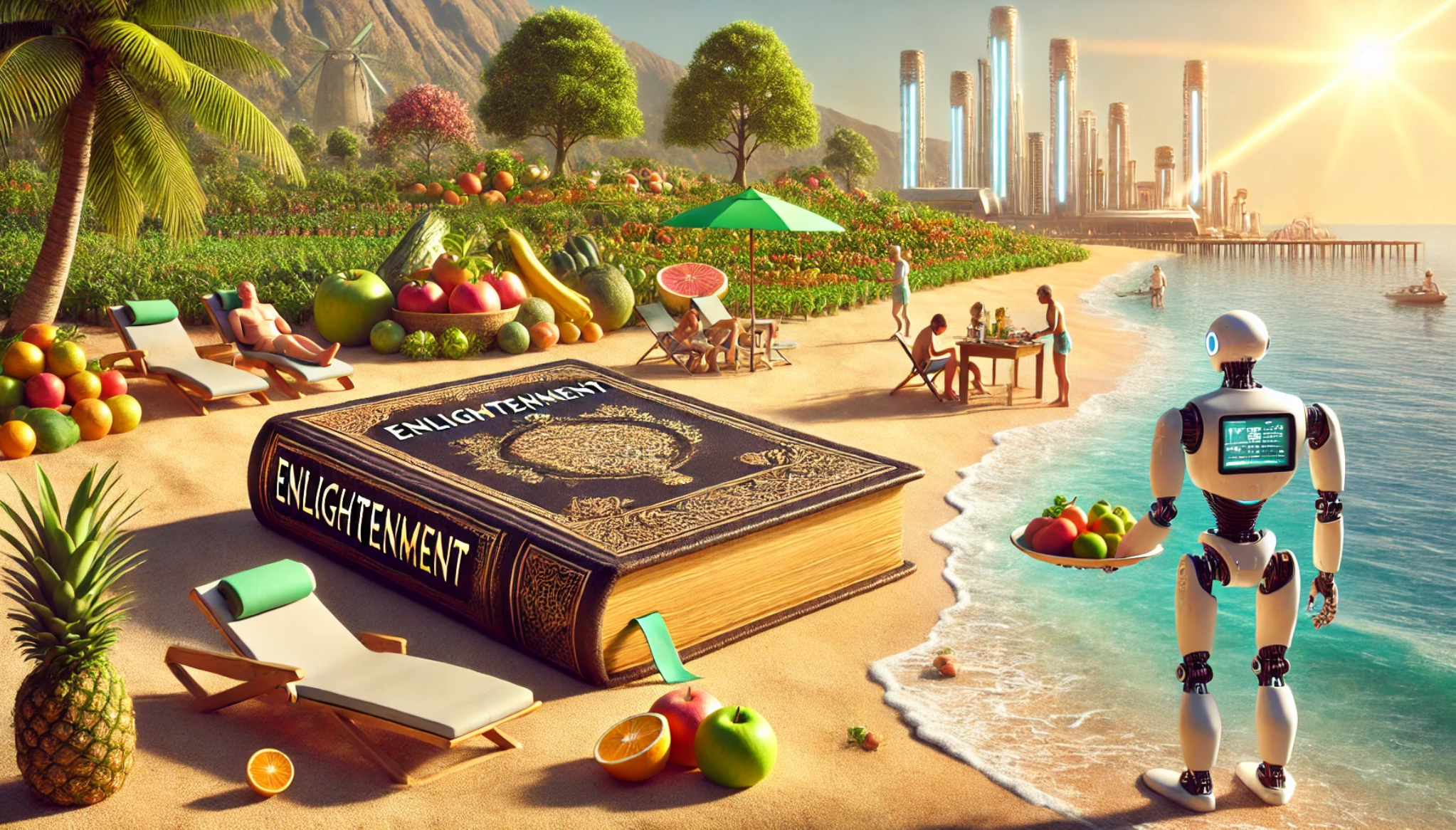
Protectionist vs. Neoliberal Authoritarianisms Since his second inauguration as President of the United States, D. Trump has dominated the news, particularly due to his brutal attitude and arbitrary decisions that endanger American democracy, which is based on the existence of checks and balances. In this context, it is ironic to hear Vice President J.D. Vance…
-
On the Role of Technical Culture in Innovation and the Limits of Innovation Today

Technical Culture as a Factor in the First Industrial Revolution In Power and Progress, Daron Acemoglu and Simon Johnson provide a detailed account of how technological advancements have rarely benefited the entire population. Their fascinating investigation, spanning from the Neolithic era to the present day, supports the idea—dating back at least to Rousseau—that inequalities increased…
-
Authoritarianism: An Expression of Blindness and Structural Chaos
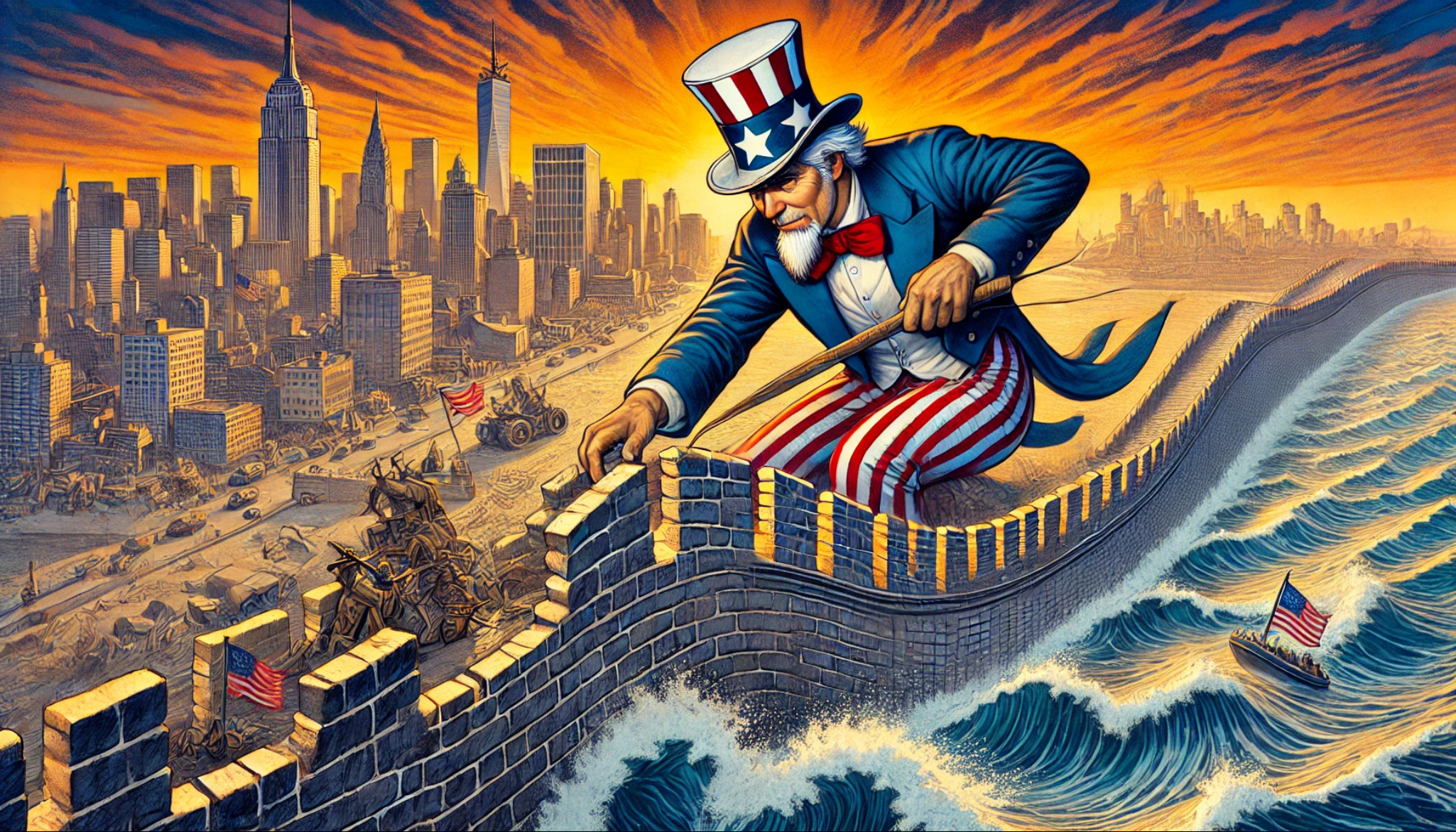
The reelection of Donald Trump as the leader of the world’s foremost power demonstrates that the authoritarian trend across the globe is not a fleeting, circumstantial anomaly that can be resolved with a handful of reforms. This trend reflects a boundless blindness that accompanies the desire to reinforce or redraw borders. The real estate magnate…
-
These Individualisms, which are Based on Idealizations and Hinder the Freedom of Thought

The notion of individualism has been at the center of numerous debates over the past two centuries.1 It came out of controversies surrounding emerging democracies, and its various interpretations made it difficult to grasp. Rather than focusing on its definition, we will turn our attention to its historical and philosophical origins, with the aim of…
-
Artificial intelligence: god and slave

Just as generative AI, such as ChatGPT and its counterparts, begins to develop, humans are already asking it all sorts of questions, much like a child does with their parents, a student with their teachers, or a believer with their deities. It thus appears as a kind of god, echoing the remarkable parallel drawn by…